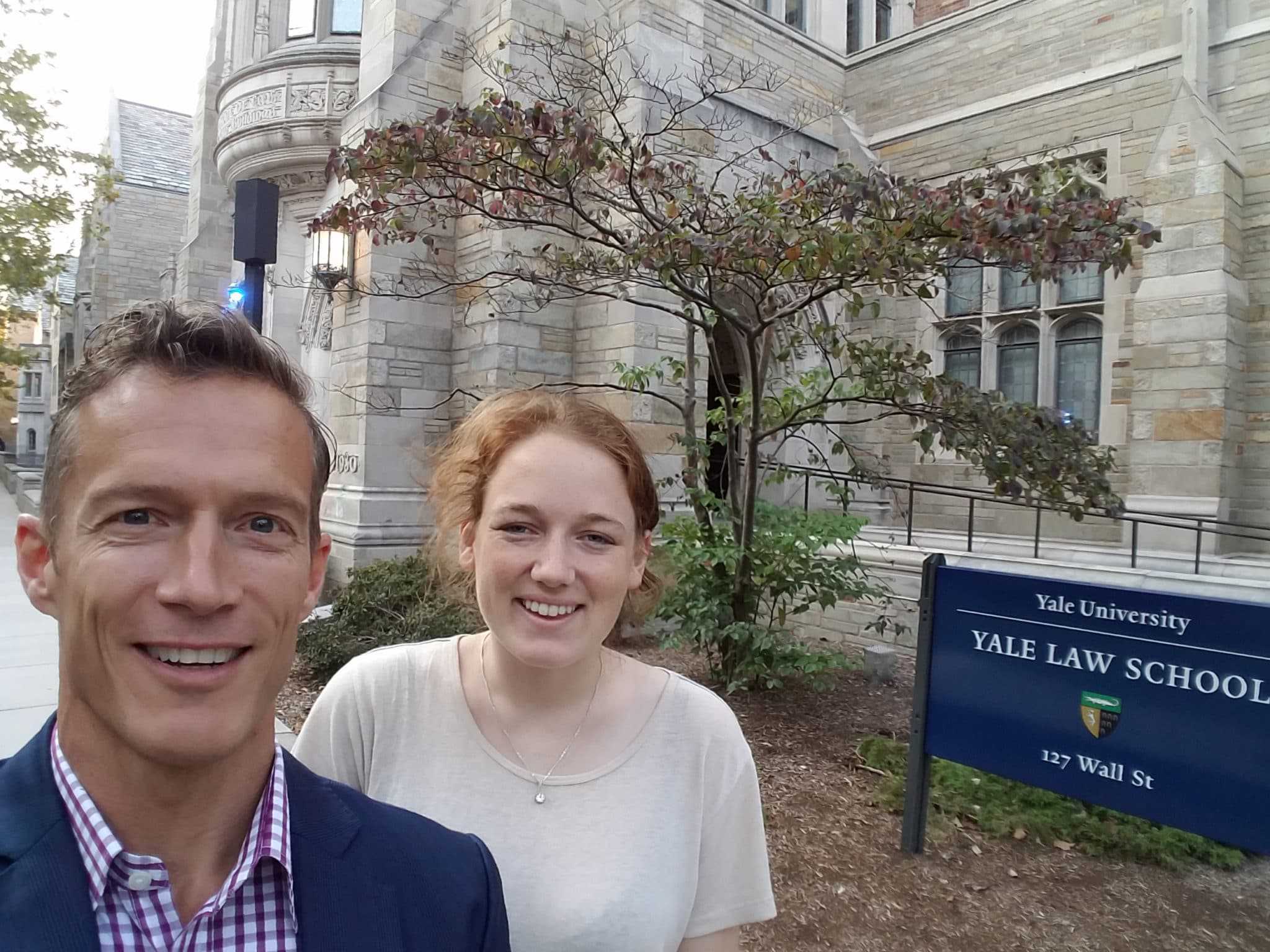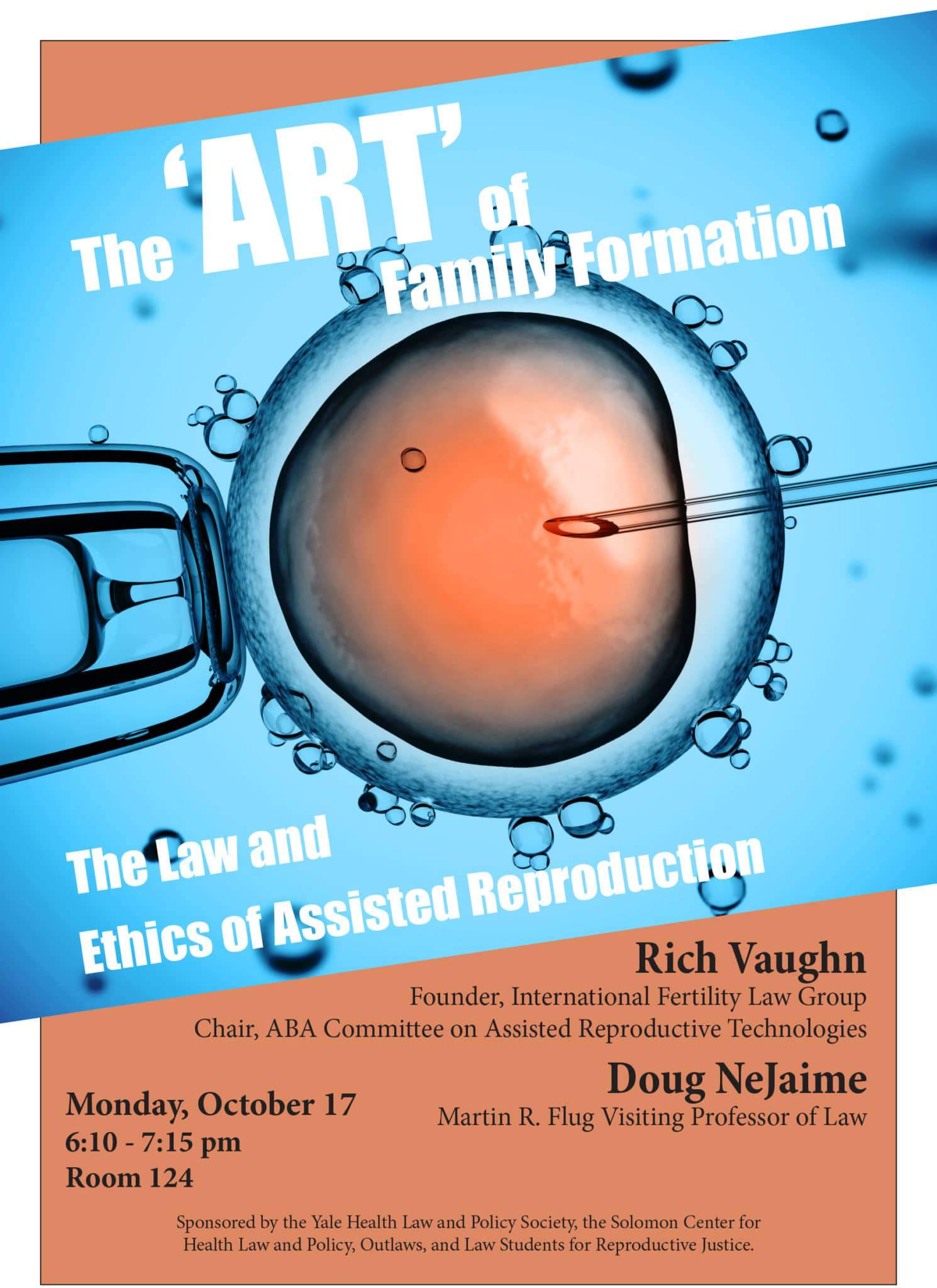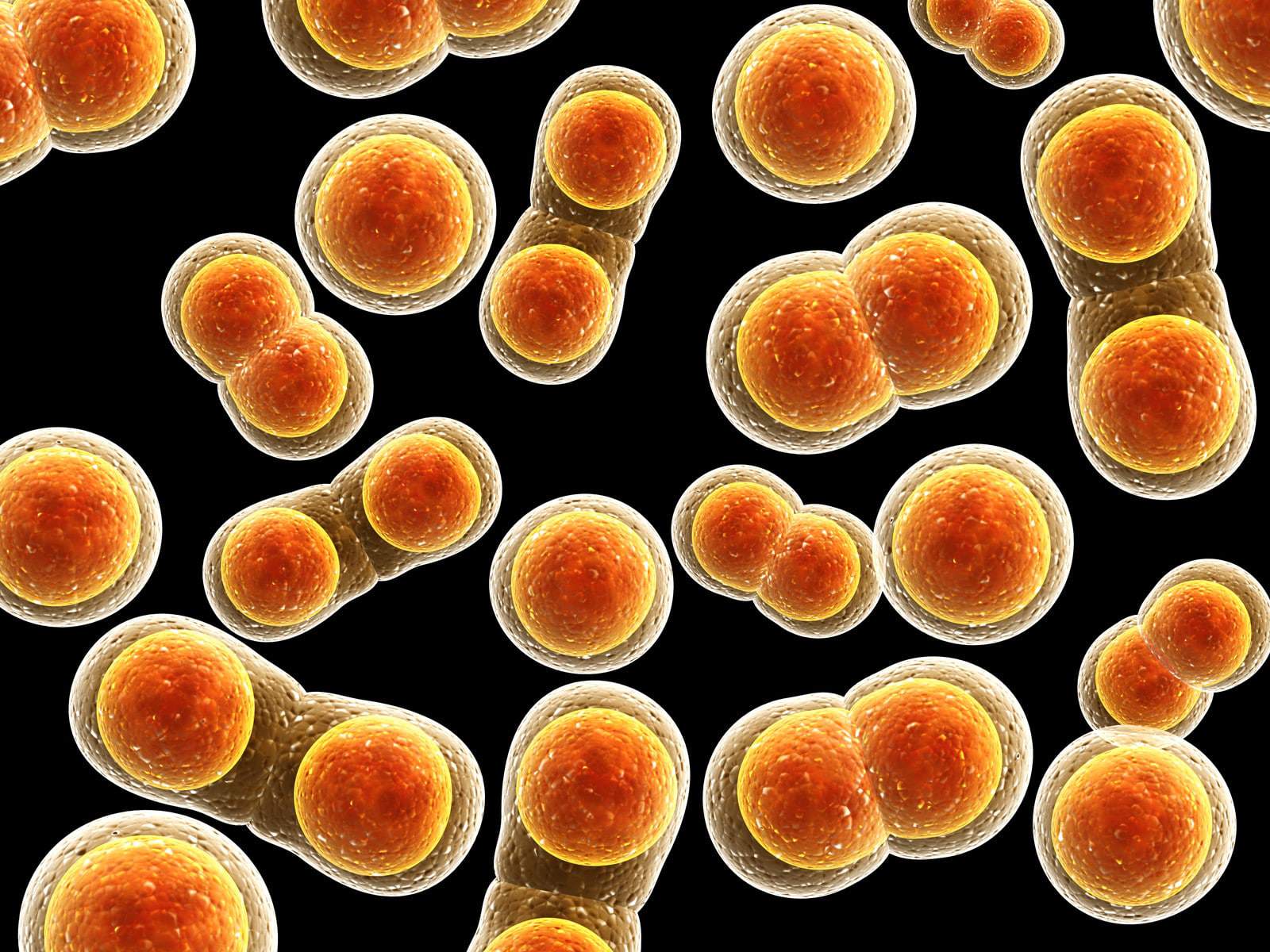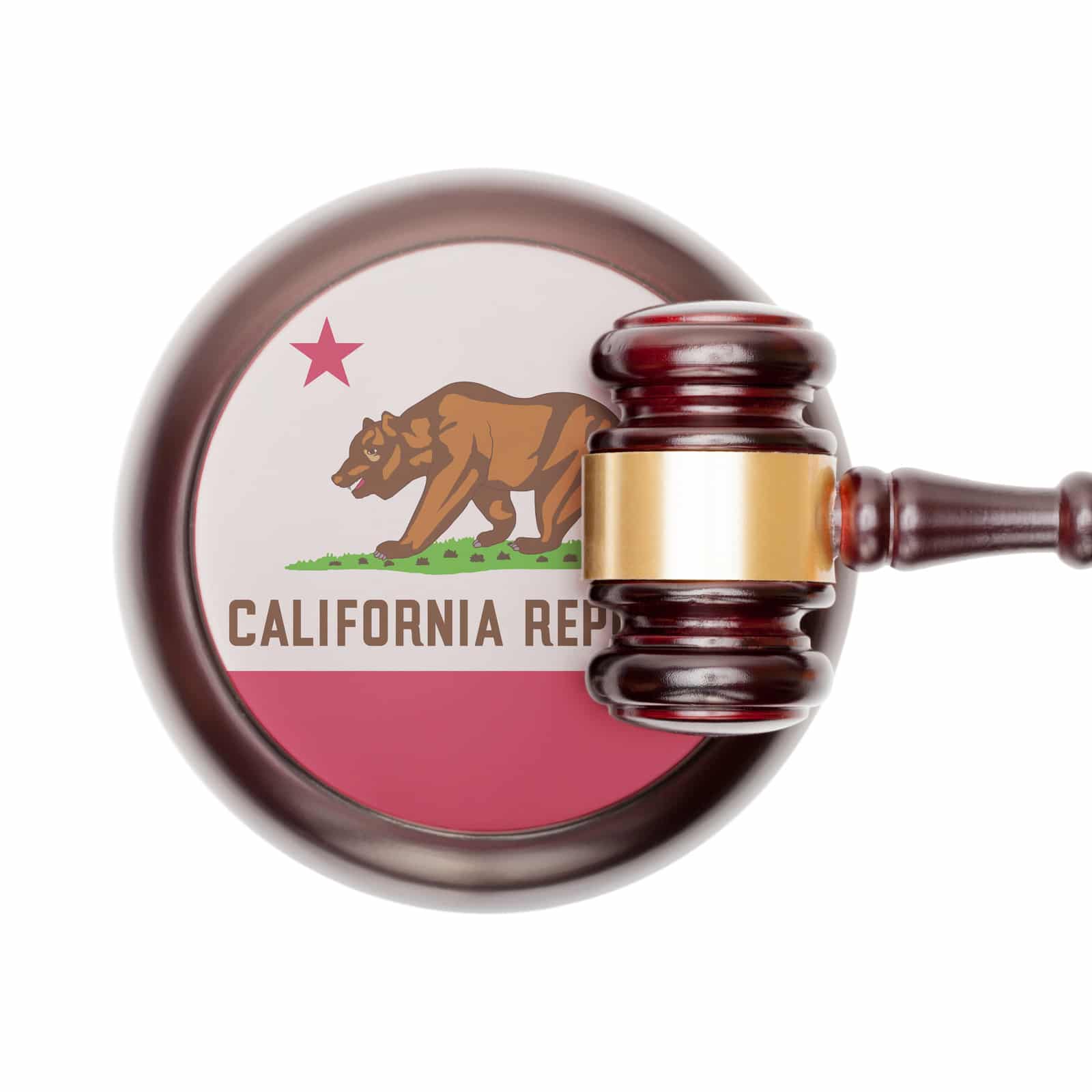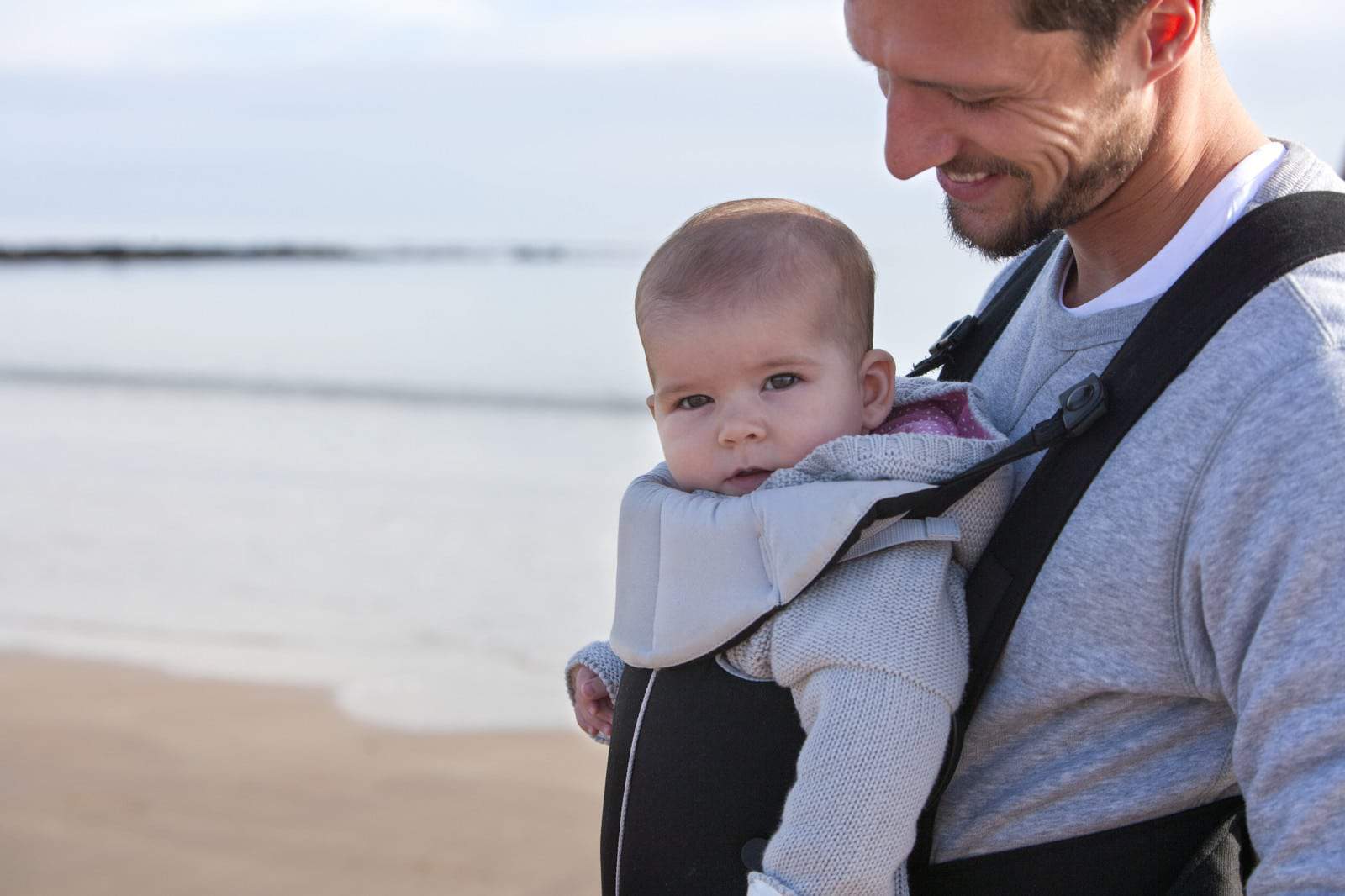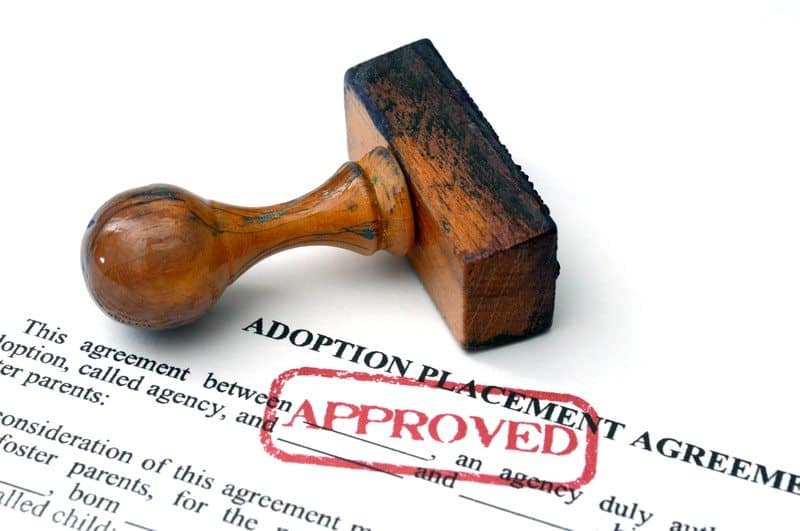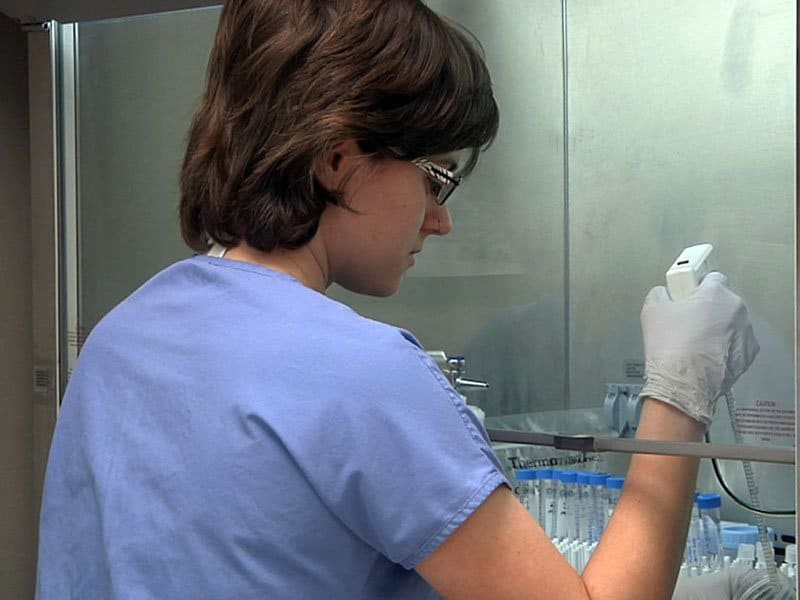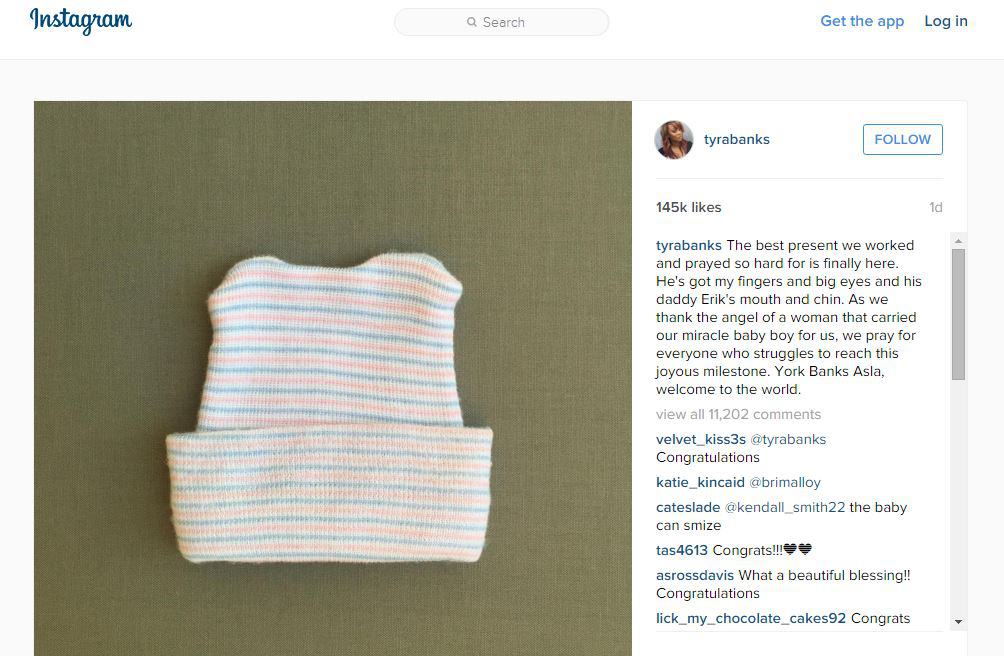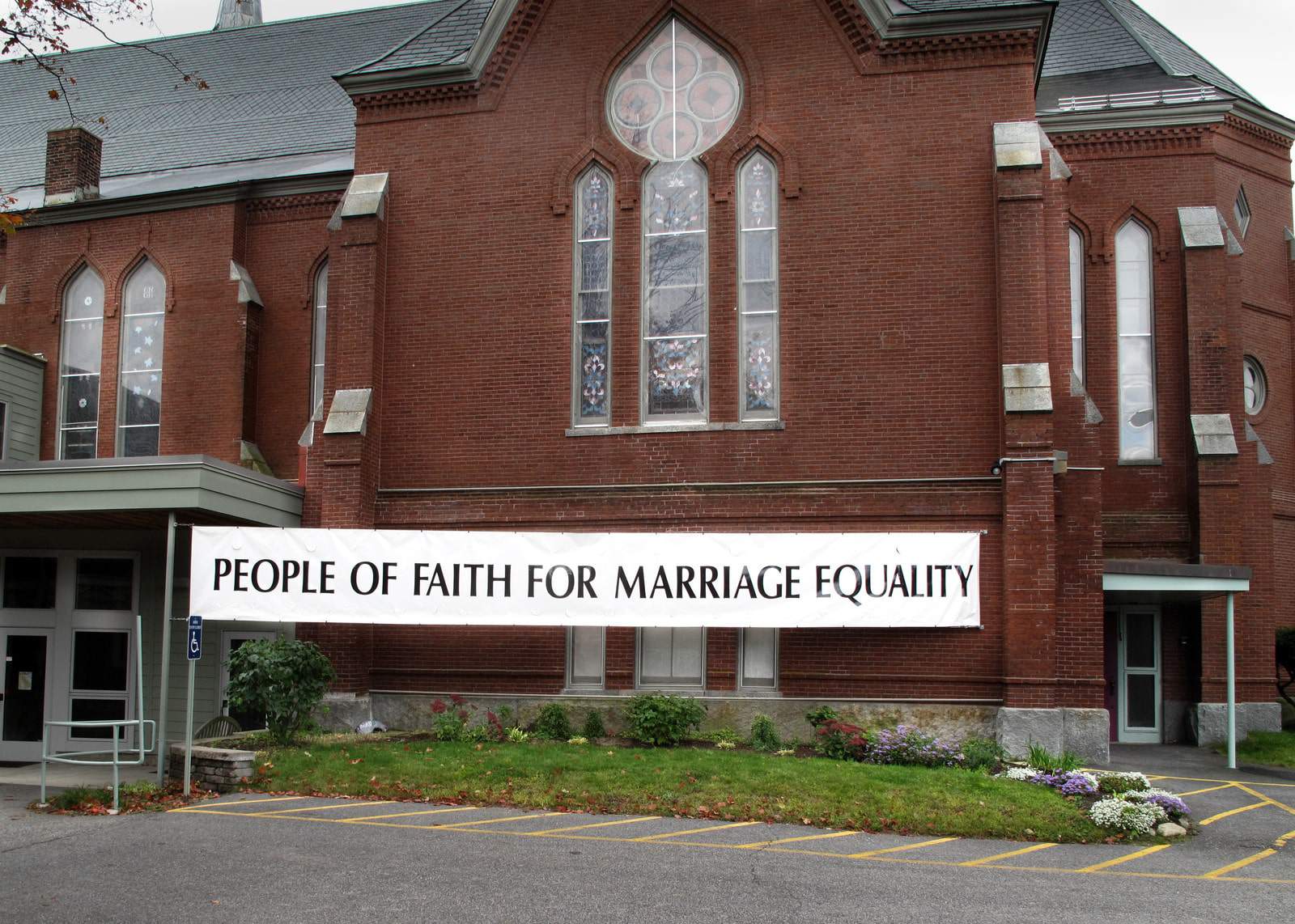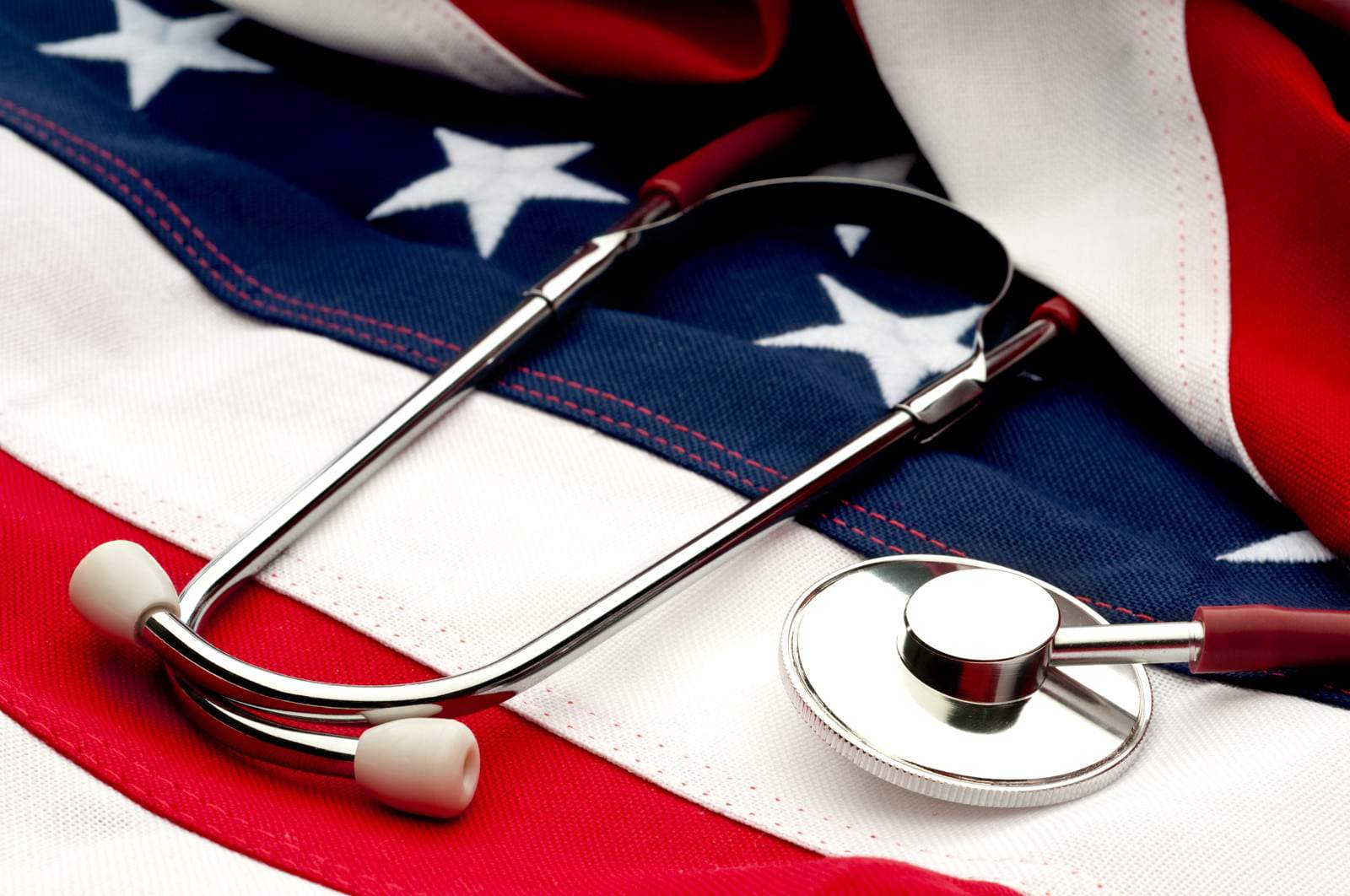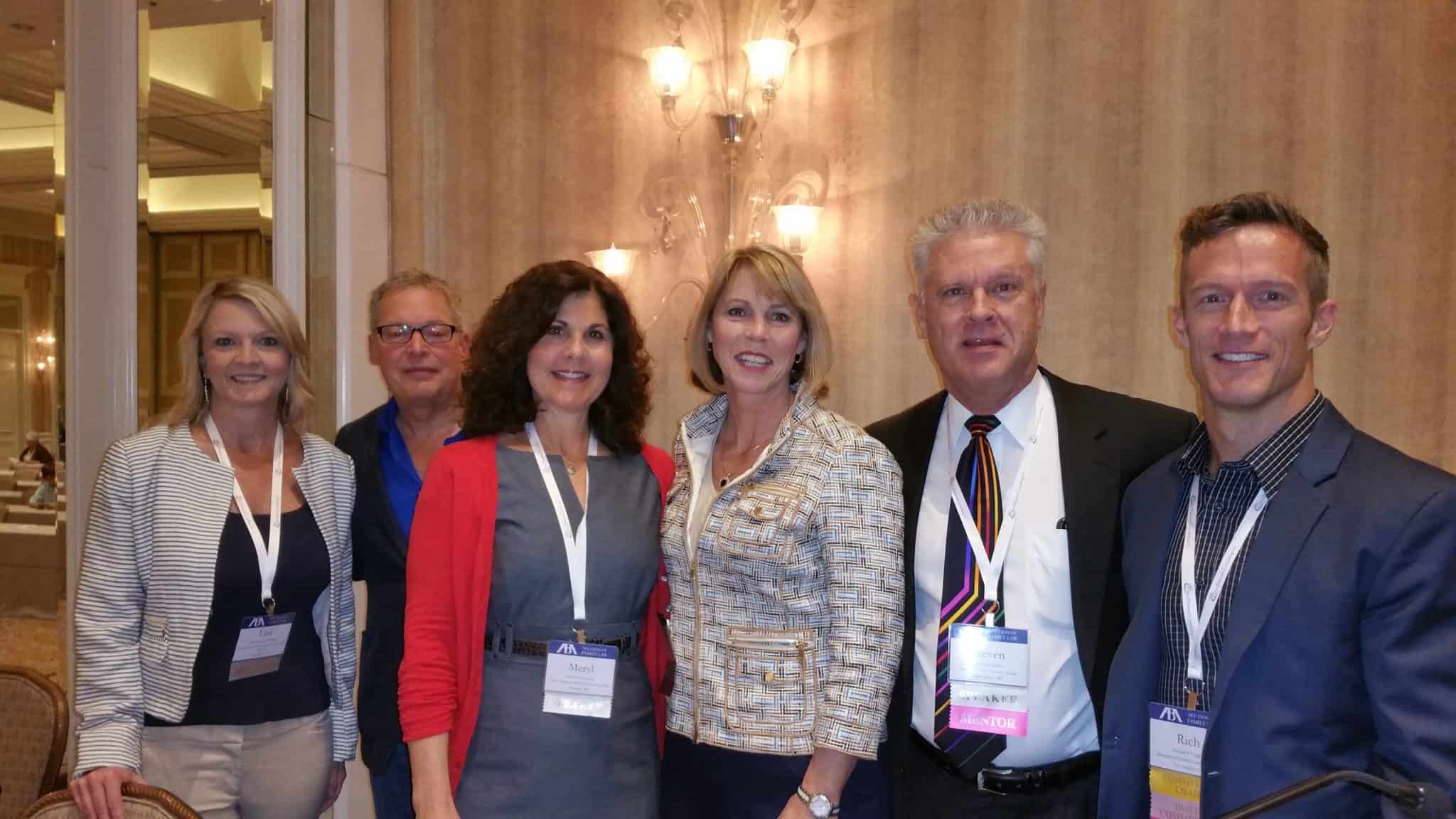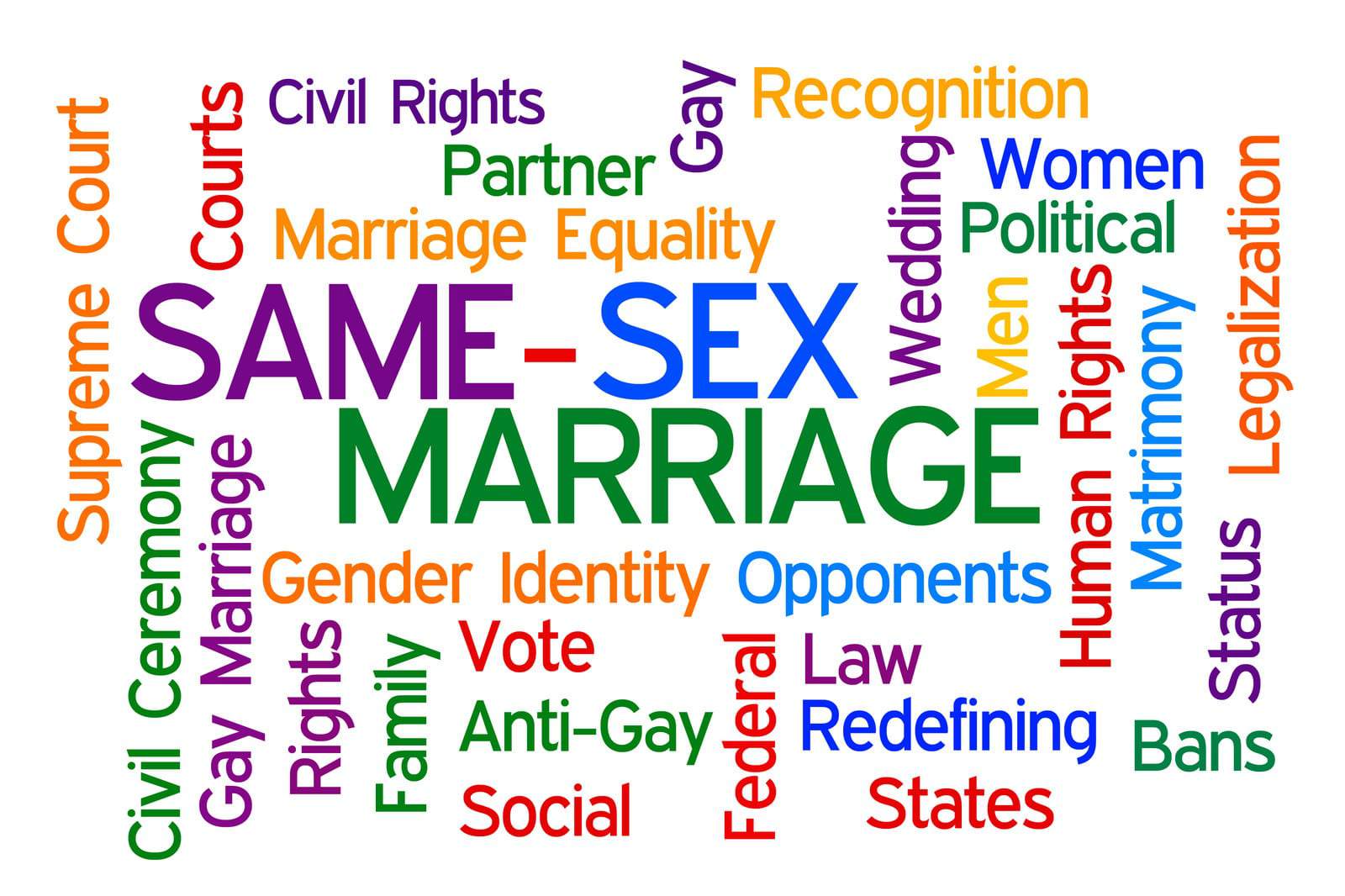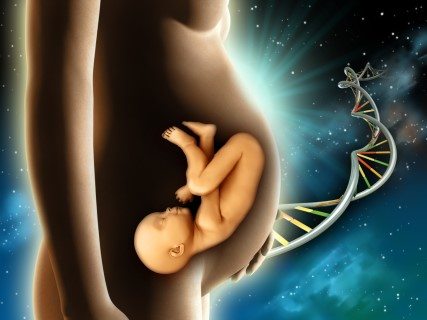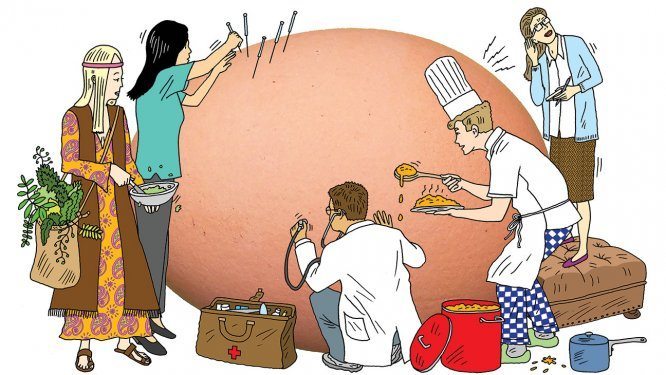With the growing use of cryopreservation, a method of freezing for future use eggs, sperm or embryos, we’re also seeing a growing amount of litigation resulting from disagreements as to their disposition. Sometimes a couple freezes eggs or sperm for medical reasons, such as cancer treatment, or merely in order to delay starting a family until a more opportune time. If the couple later separates, the partners may disagree about whether the eggs, sperm or embryo should be destroyed or preserved, how and when they can be used, and who has the right to make that decision.
Although such cases are still relatively uncommon (most people resolve these matters privately), as the technology improves and becomes more accessible to more people, it’s reasonable to assume such disagreements will occur more often. And as the law stands now, it’s anyone’s bet how these cases will wash out: in this area of law, it’s still the wild, Wild West.
Many couples sign a consent agreement or medical consent form, usually provided by their fertility agency, when they undergo egg or sperm harvesting or in vitro fertilization. Often, the clinic documents don’t cover what happens in the case of separation or divorce. Few intended parents go to a fertility thinking about what will happen if they get a divorce—most don’t want to think about it. However, it is incumbent upon the fertility services providers to make sure all eventualities are covered in these documents, and these intending parents must also be advised to carefully consider all eventualities before cryopreserving their genetic material.
But as things stand today, even the existence of a medical consent form addressing embryo disposition doesn’t rule out the prospect of conflict and litigation. Sometimes the court honors these consent forms, but not always.
(more…)






